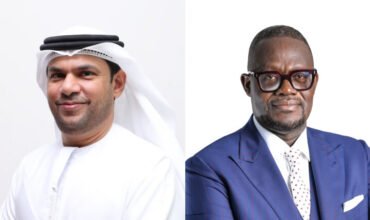The June 2023 edition of the Ericsson Mobility Report shows forecasts 5G subscriptions to reach 1.5 billion by the end of 2023.
The Gulf Cooperation Council (GCC) countries are frontrunners in global 5G network deployments and service offerings, with strong regulatory policies and frameworks as well as public sector initiatives driving acceleration of growth of the 5G market. 5G subscriptions in the GCC are projected to grow from 13 to 70 million between 2022 and 2028, accounting for 86 percent of the total subscriber base at the end of the period.
Accounting for 73 percent of total subscriptions currently, 4G is forecast to decline by 29 percent annually as subscribers increasingly move subscriptions to 5G, and are offered various services such as enhanced mobile broadband (eMBB) and Fixed Wireless Access (FWA). Additionally, service providers will continue to explore enterprise opportunities, as major digital transformation projects take place across various industries.
GCC countries will still experience growth in data traffic despite slow growth in total overall subscriptions, as data usage per smartphone rises by 15 percent annually between 2022 to 2028 to reach an average of 59 GB monthly. This will be driven by growing uptake of data-intensive services. Various industrial use cases for 5G will also contribute to a rise in total data traffic.
Nicolas Blixell, Vice President and Head of Gulf Council Countries at Ericsson Middle East and Africa, says: “Strong regulatory policies and frameworks, and the different initiatives to explore diverse 5G service offerings have placed the GCC region at the forefront of 5G deployments globally. With the exponential demand for and growth of Fixed Wireless Access, we have seen significant advancements in the region. For example, Oman – where 43 percent of all broadband connections are Fixed Wireless Access – has experienced a 95 percent annual 5G Fixed Wireless Access revenue increase in 2022.”
Worldwide, around 240 communications service providers (CSPs) have launched commercial 5G services and about 35 have deployed or launched 5G standalone (SA). The most common 5G services launched by service providers for consumers are enhanced mobile broadband (eMBB), Fixed Wireless Access (FWA), gaming and some AR/VR-based services, such as training and education.
More than 100 CSPs, comprising about 40 percent of FWA service providers, currently offer FWA over 5G. By 2028, 5G is estimated to account for almost 80 percent of all FWA connections.



